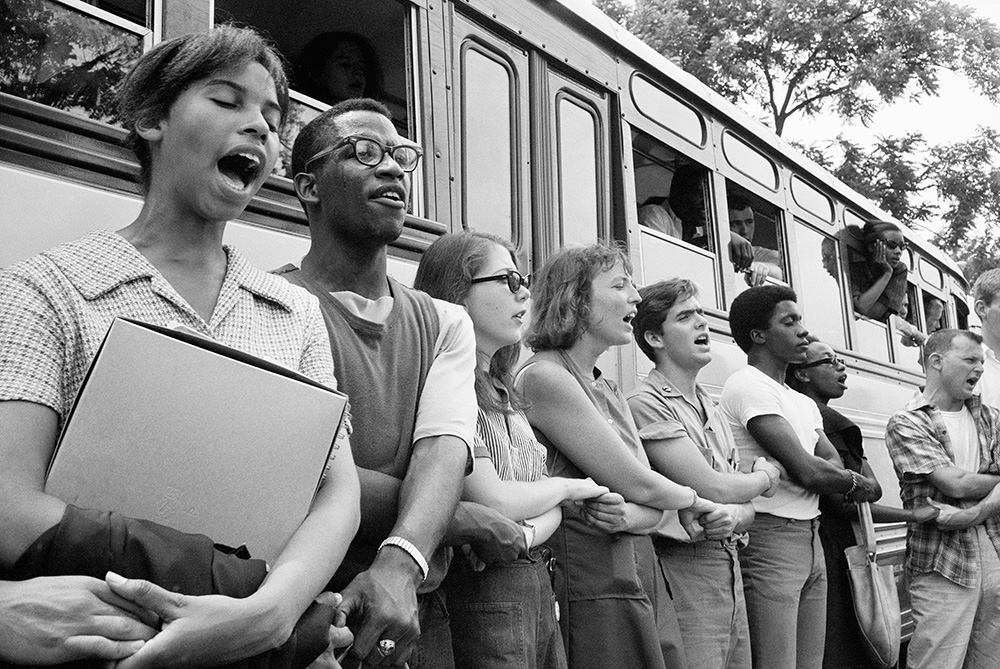March 2021








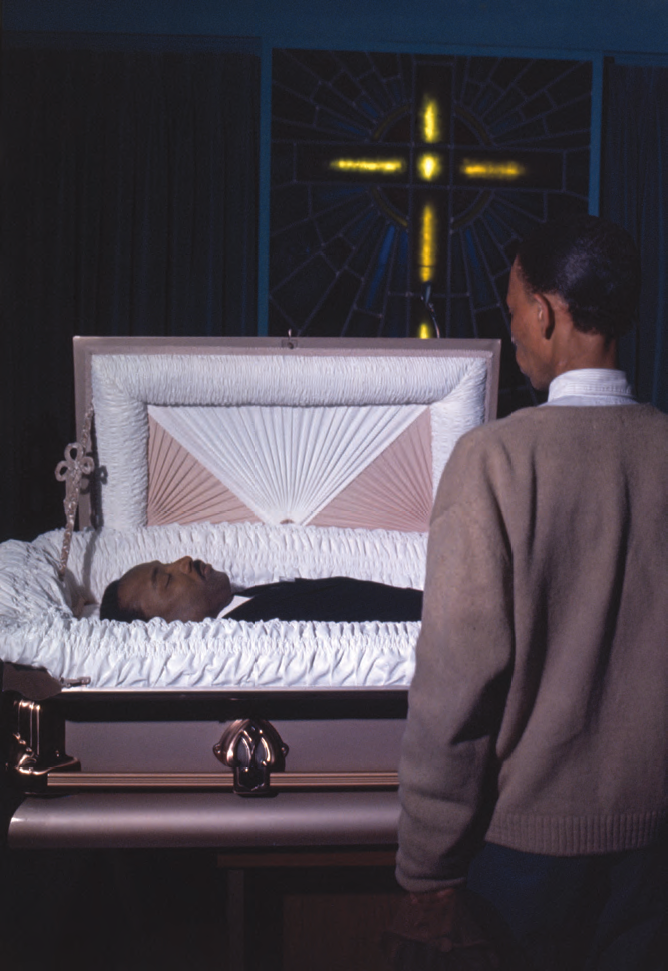
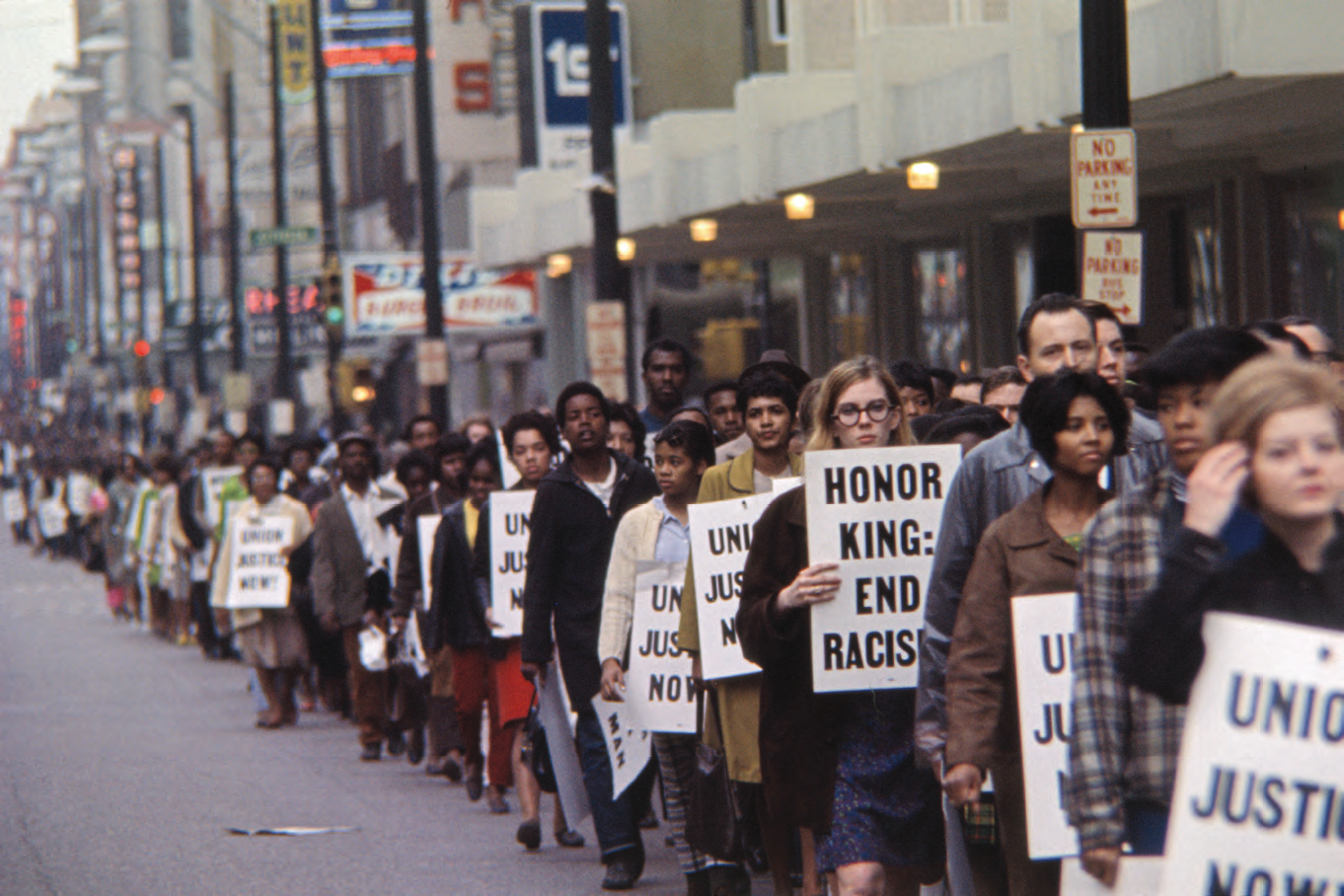
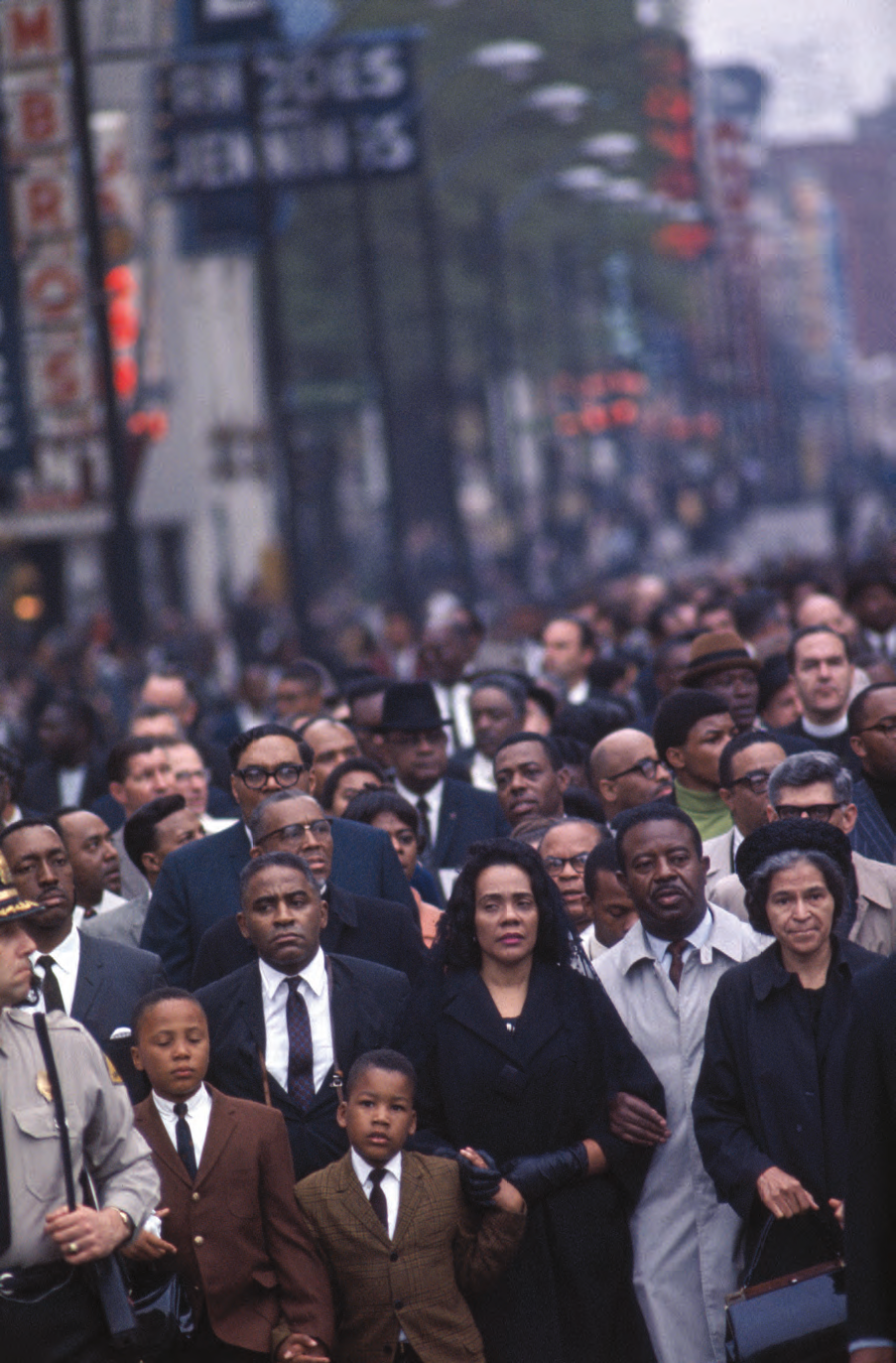
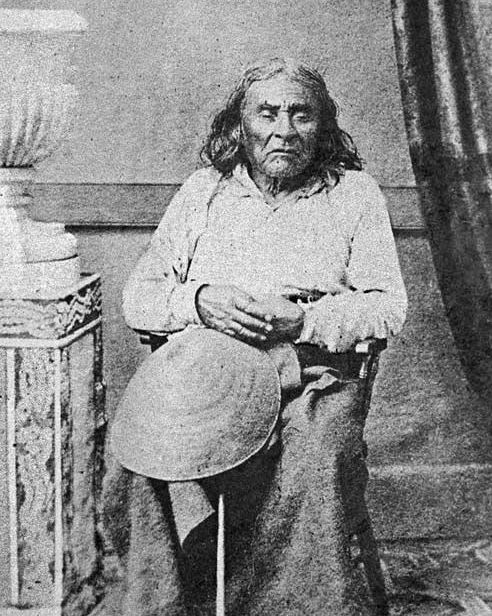
It is possible to walk down a rough, rain-lashed street in Seattle and stand near where Chief Seattle, the city’s namesake, delivered a speech considered to be one of the greatest ever given by any Native American. But you will be alone in your effort, and won’t find a statue, a sign or even an ‘X’ to mark the spot.
Editor's Note: Bruce Watson is a writer, historian, and contributing editor at American Heritage. You can read more of his work on his blog, The Attic.
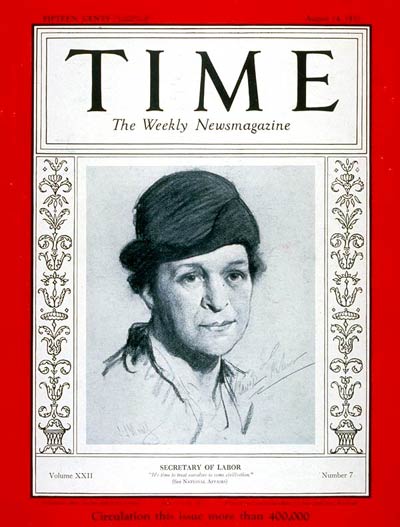
MANHATTAN — MARCH 1911 — The women had just sat down to tea when the screaming began. Fire was raging through a nearby sweatshop. As sirens wailed, hundreds gathered to watch. A towering building was burning, its garment workers trapped, clinging in smoke and flame to upper stories. By the time Frances Perkins left her tea and ran to the scene, young women were falling from the sky. Some were ablaze.
Editor's Note: Ellen Carol DuBois is a professor in the history department at UCLA and the author of numerous books on women’s suffrage including the recent, authoritative survey, Suffrage: Women’s Long Battle for the Vote, from which she adapted the following essay.
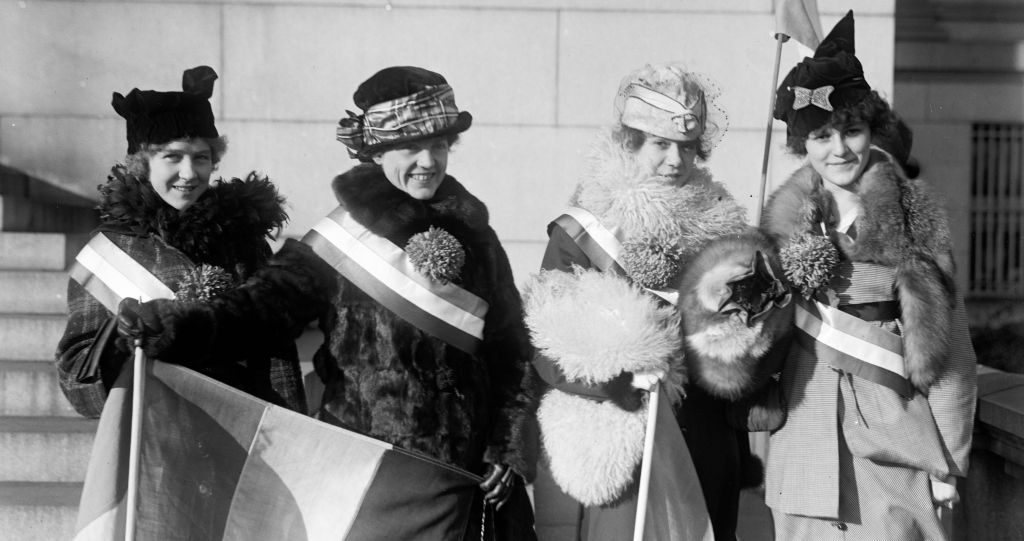
Editor's Note: William Ferris is the former Chairman of the National Endowment for the Humanities and founding director of the Center for the Study of Southern Culture.
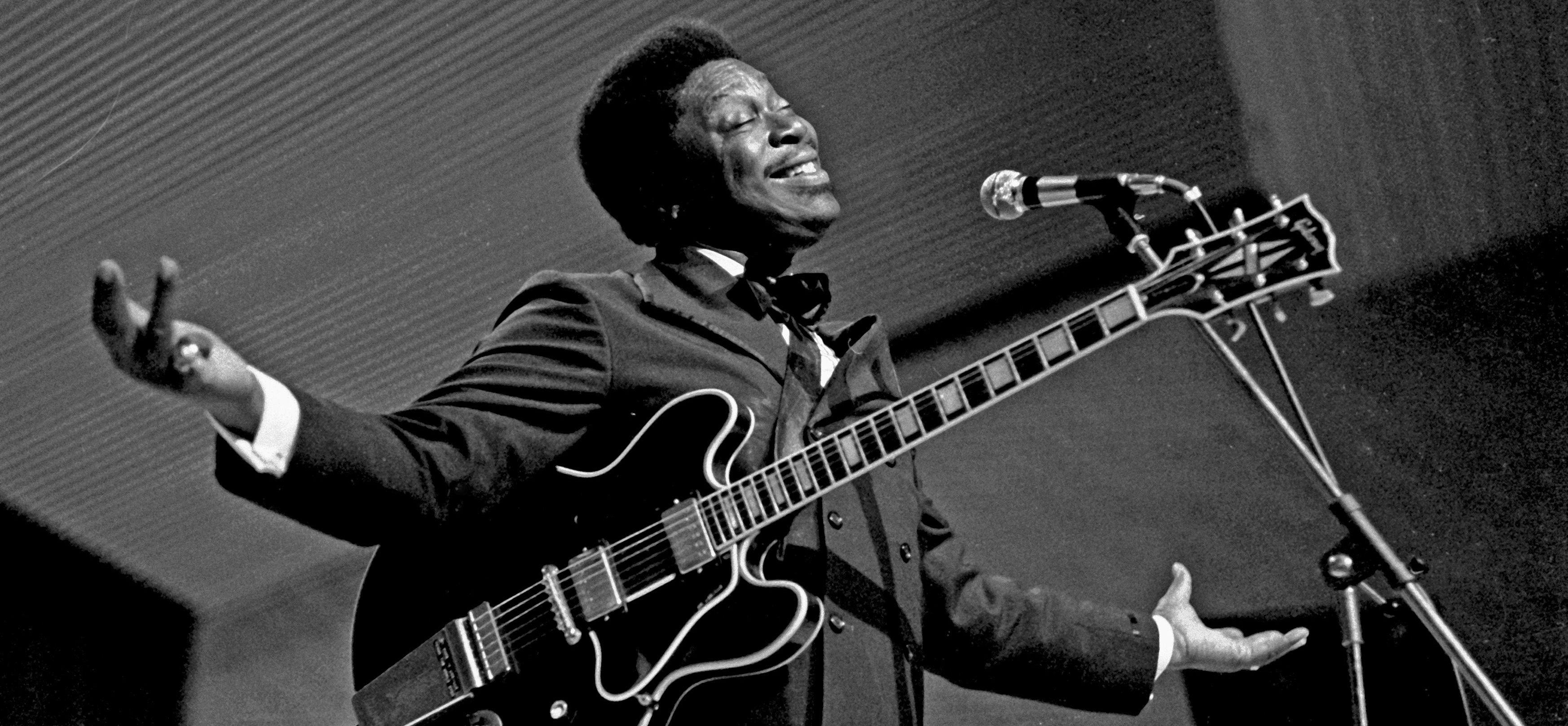
B. B. King’s performances and recordings defined the Blues for more than six decades. King reached out to members of each new generation with music they understood and embraced, and even into his eighties he followed a rigorous schedule of performances throughout the United States and overseas that would exhaust a much younger artist.
Editor's Note: Douglas R. Egerton is Professor of History at LeMoyne College. The following essay was adapted from his Gilder Lehrman Lincoln Prize-winning book, Thunder at the Gates: The Black Civil War Regiments That Redeemed America, published by Basic Books.

Editor's Note: Have your own letter to the editor? Send it to editor@americanheritage.com!
To the editors,
Congratulations on your special issue on Presidential Misdeeds and the numerous essays, especially those by journalists David Schribman, Curtis Wilkie, and Ed Yoder.
Editor's Note: Bruce Watson is a writer, historian, and contributing editor at American Heritage. You can read more of his work on his blog, The Attic.
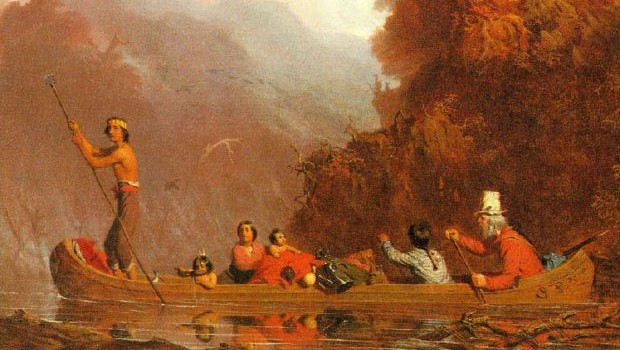
Editor's Note: Peter Osnos was a reporter at the Washington Post and a prominent book editor and publisher in New York. He founded PublicAffairs Books in 1997 and served as its Publisher and CEO until 2005. Mr. Osnos worked with Vernon Jordan while at PublicAffairs, and adapted the following essay for American Heritage from Especially Good View: Watching History Happen, his memoirs being published in June.
Editor's Note: Thomas C. Holt is the James Westfall Thompson Professor of American and African American History at the University of Chicago and a preeminent scholar of black heritage and descendants of the African diaspora in America. He adapted the following essay from his most recent book, The Movement: The African America Struggle for Civil Rights, published by Oxford University Press.
